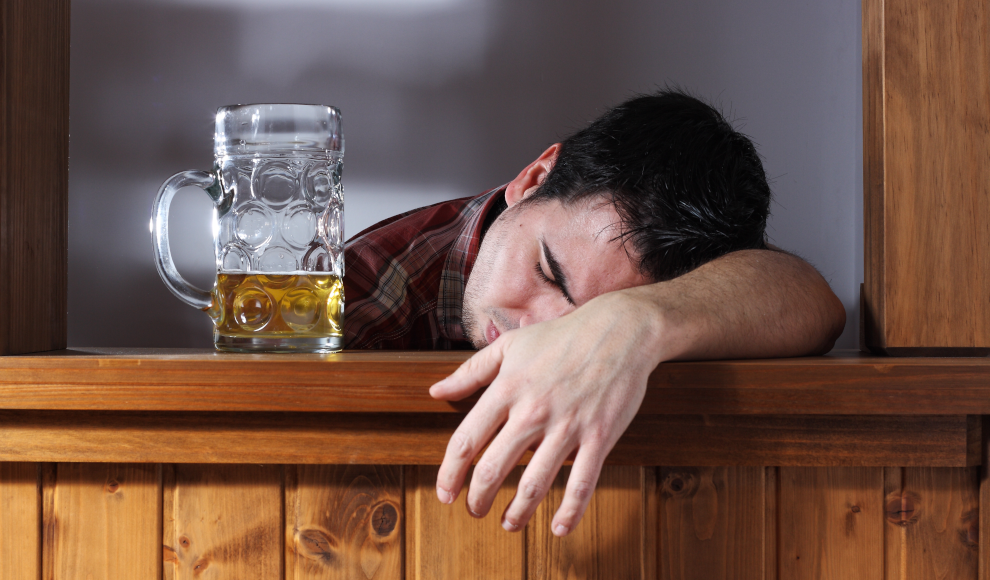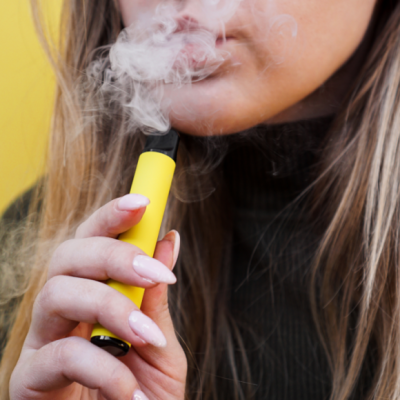Excessive alcohol consumption causes high damages that are not covered by the taxation of the drug. As a result, people who do not drink or only drink a little have to pay a large part of the damages. Researchers at Boston University have investigated whether the tax revenues from excessive alcohol consumption in the U.S. can cover the total damage caused. The study found that the current alcohol taxes, including all types of taxes, do not even come close to covering the alcohol-related costs.
A high alcohol consumption is associated with many health risks, including a higher risk of stroke and death. In addition, there are other alcohol-related damages such as violence and more traffic accidents. The researchers have determined the federal and state taxes per standard drink in each state. A standard drink corresponds to ten to twelve grams of alcohol, or about 0.3 liters of beer, according to the International Agency for Research on Cancer (IARC) of the World Health Organization (WHO). Although the federal government levies a uniform consumption tax in all states, the states can also levy specific consumption taxes, percentage consumption taxes, and general sales taxes.
The study found that the specific consumption taxes only account for one-fifth of the current alcohol tax revenues. The alcohol tax of the states per standard drink averages 13 cents, while the federal tax is eight cents. The total tax per standard drink is therefore 21 cents. In contrast, the total damage caused by excessive alcohol consumption is $2.05 per drink, of which the federal government bears about 80 cents per drink. The majority of the costs of excessive alcohol consumption are externalized, meaning they are paid by people who either do not drink alcohol or only consume the drug in moderate amounts.
According to other studies, higher alcohol prices, often through increased taxes, could limit excessive alcohol consumption and reduce a range of alcohol-related damages such as violence, traffic accidents, and liver cirrhosis. The lead author of the study, Jason G. Blanchette, emphasizes that discussions about alcohol taxes are mainly focused on the health benefits, but this study could shift the focus of the debate. It would only be fair if those who drink the most and produce and sell alcohol should cover the costs for society. “The sad truth is that the current alcohol taxes, even when considering all types of taxes, including general sales taxes, do not even come close to covering the alcohol-related costs.”










